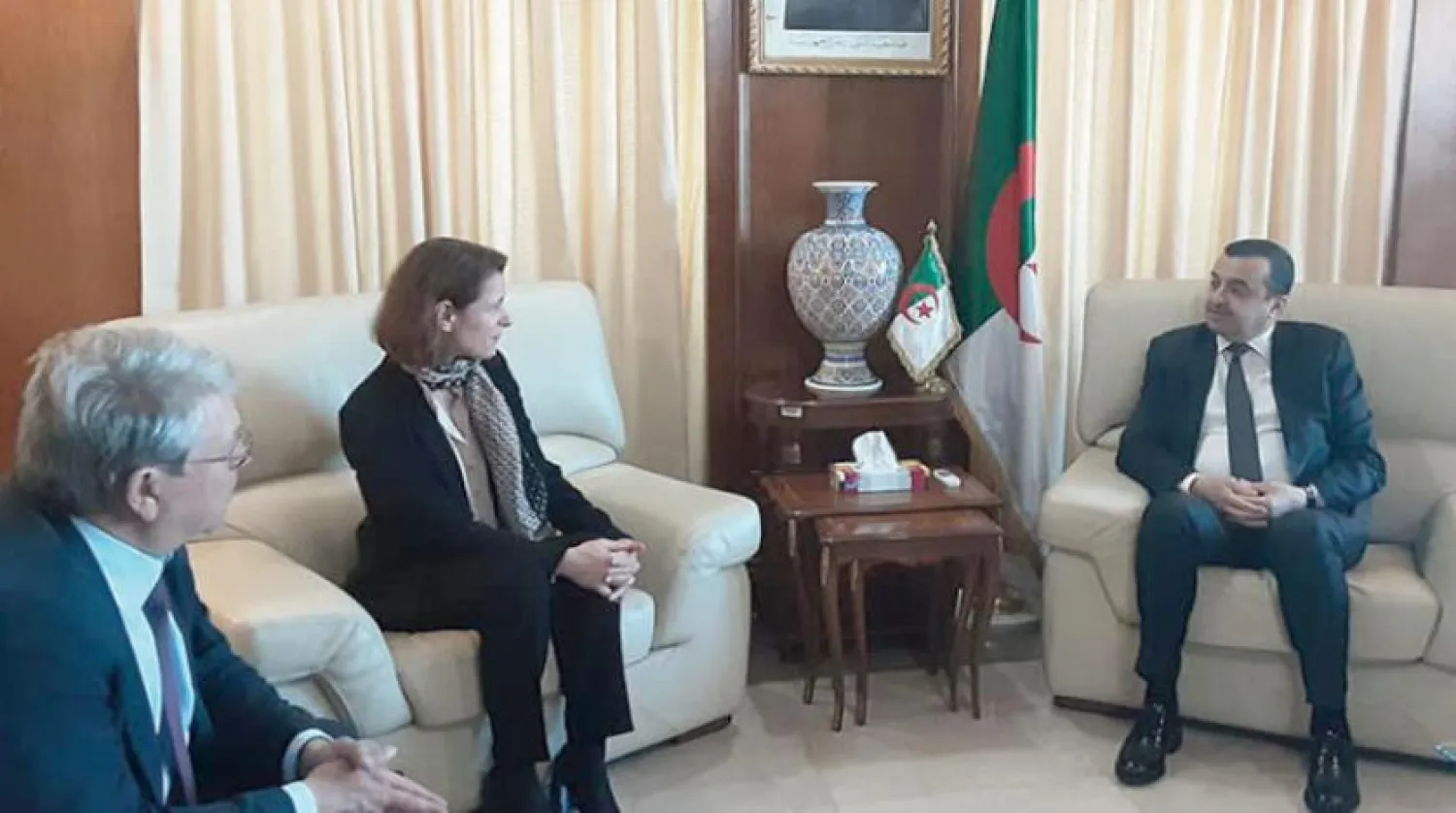Algerian Minister of Energy and Mines Mohamed Arkab has met with the CEO of the French energy group (Engie), Catherine MacGregor, who visited Algiers on Tuesday and Wednesday.
The meeting addressed the current state of the international natural gas market and commercial opportunities and prospects for investment in exporting electricity and renewable energies, especially the development of hydrogen.
They also discussed the postponed negotiations on the supply of an additional share of gas to France. However, it was decided for the two countries’ presidents to discuss it during their talks in Paris in early May.
During the meeting, the two sides also reviewed the relations between Sonatrach and Engie in the natural gas field and ways and prospects for enhancing cooperation between the two companies, according to the Ministry of Energy.
Sources reported that MacGregor asked Algerian officials to revive the talks on the gas supply deal, suspended since last November.
Negotiations faltered after President Emmanuel Macron said in 2021 that Algeria did not exist as a nation before the French invasion in 1830.
The political relations between the two countries deteriorated, and Algeria suspended the deal after France reduced its visa quota. Paris refused to apologize for its colonial crimes.
According to the same sources, the Algerian government was still reluctant to negotiate the issue of gas supplies with France, and the matter was postponed to be addressed during the visit of President Abdelmadjid Tebboune to Paris.
Last year, Sonatrach and Engie reached an agreement for their contract to purchase and sell natural gas through Medgaz.
The two parties have agreed to define the contractual selling price applicable over three years, up to 2024, to take market conditions into account.
Over the past year, Sonatrach has worked to amend contracts with its Italian, Spanish, and Slovenian partners to raise Algerian gas prices to benefit from the record-high prices in the market in the context of the war in Ukraine.
Last October, French Prime Minister Elisabeth Borne noted that France does not depend heavily on natural gas but said Paris wants to develop joint projects in the sector with Algeria "to increase the efficiency of its gas production capacity, which will increase its export capacity to Europe."
Borne highlighted that Algerian gas represents nine percent of France's energy imports, and Paris hoped to continue developing its partnership with Algeria in this field, especially in liquefied natural gas (LNG).
Still, at the end of her visit, the Prime Minister could not obtain an Algerian pledge to revive negotiations on increasing energy supplies.









